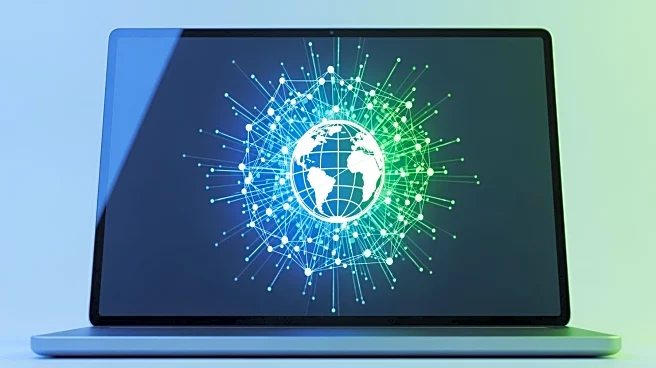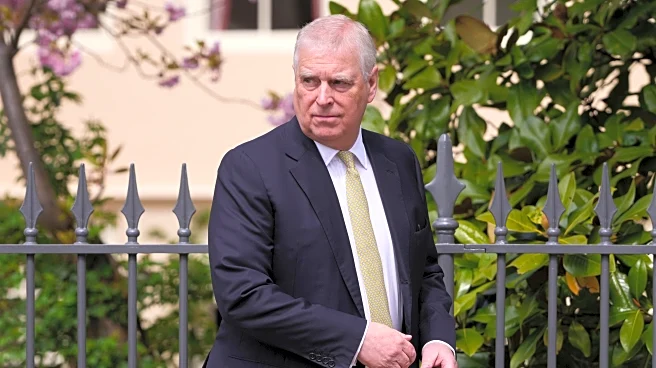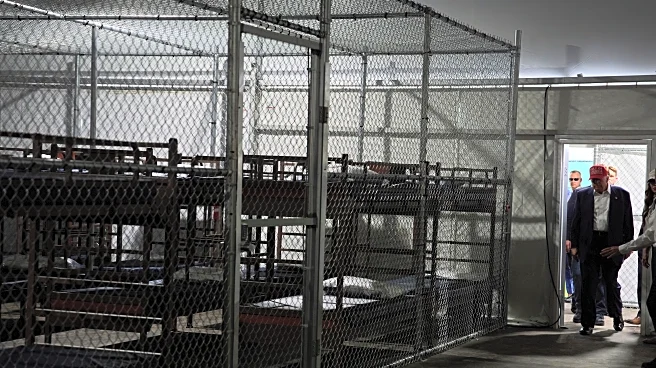What's Happening?
Discord, originally a platform for gamers, has evolved into a significant tool for political organizing among Gen Z protesters in the Arab world. In Morocco, young activists have utilized Discord to coordinate
demonstrations demanding reforms in education, healthcare, and social justice. The 'Gen Z 212' server, named after Morocco's international dialing code, has grown to over 210,000 members, serving as a virtual space for organizing. While Discord remains accessible in most Arab countries, its political use has raised concerns that governments in Egypt and Jordan might restrict or monitor the platform. Discord is already blocked in Turkey, Oman, Iran, and China.
Why It's Important?
The use of Discord by Gen Z protesters highlights the growing influence of digital platforms in political movements, particularly among younger generations. This development underscores the shift towards online spaces as critical venues for activism and organizing, challenging traditional government control over public discourse. The potential for governments to restrict access to such platforms raises questions about freedom of expression and the ability of citizens to mobilize for social change. The situation in Morocco, where protests continue despite promises of reform, illustrates the persistent demand for dignity, justice, and freedom among the youth.
What's Next?
As Discord continues to be used for political organizing, governments in the Arab world may consider measures to monitor or restrict the platform. The response from authorities could impact the ability of young activists to coordinate and communicate effectively. Additionally, the ongoing protests in Morocco may lead to further government action or concessions, depending on the pressure exerted by the youth movement. The situation remains fluid, with potential implications for digital rights and political engagement in the region.
Beyond the Headlines
The use of Discord by Gen Z protesters reflects broader trends in digital activism, where online platforms provide new avenues for political engagement. This shift raises ethical and legal questions about surveillance, privacy, and the role of technology in shaping political landscapes. The empowerment of youth through digital tools could lead to long-term changes in how political movements are organized and perceived, challenging traditional power structures and fostering a more connected and informed generation.










